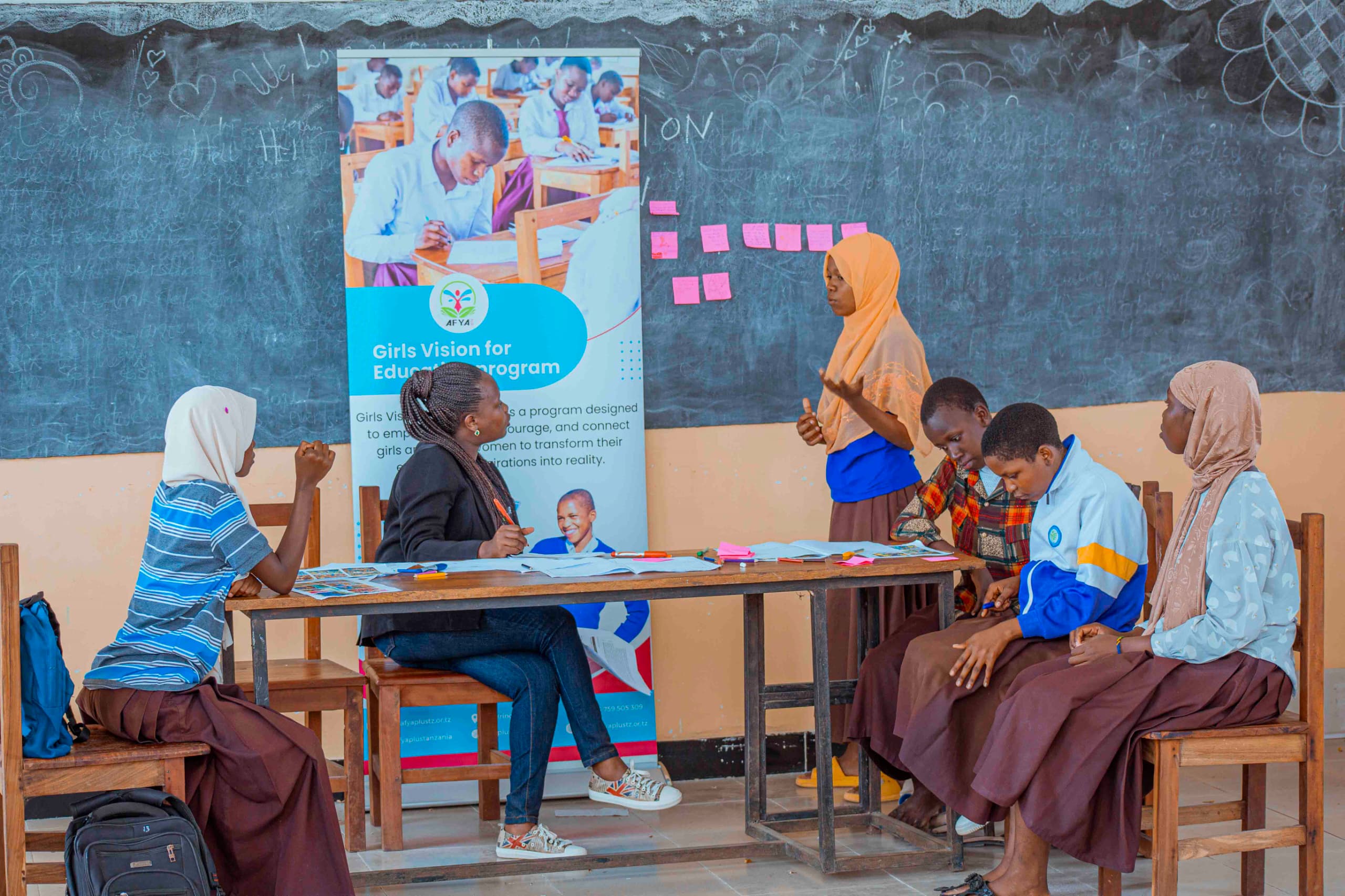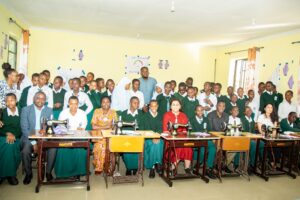Girl’s Vision for Education Program
Afyaplus, in partnership with the Malala Fund, conducted The Girls Vision for Education Program, a global initiative dedicated to empowering girls and young women to redefine education through both in-person engagement with 30 girls and young women who are in and out of the school.
This platform encourages a collective imagination exercise, where girls and young women envision the future of education, amplifying their voices and agendas in the educational debate, particularly from marginalized communities. It serves as a springboard for a global movement of girls and young women advocating for their right to education.
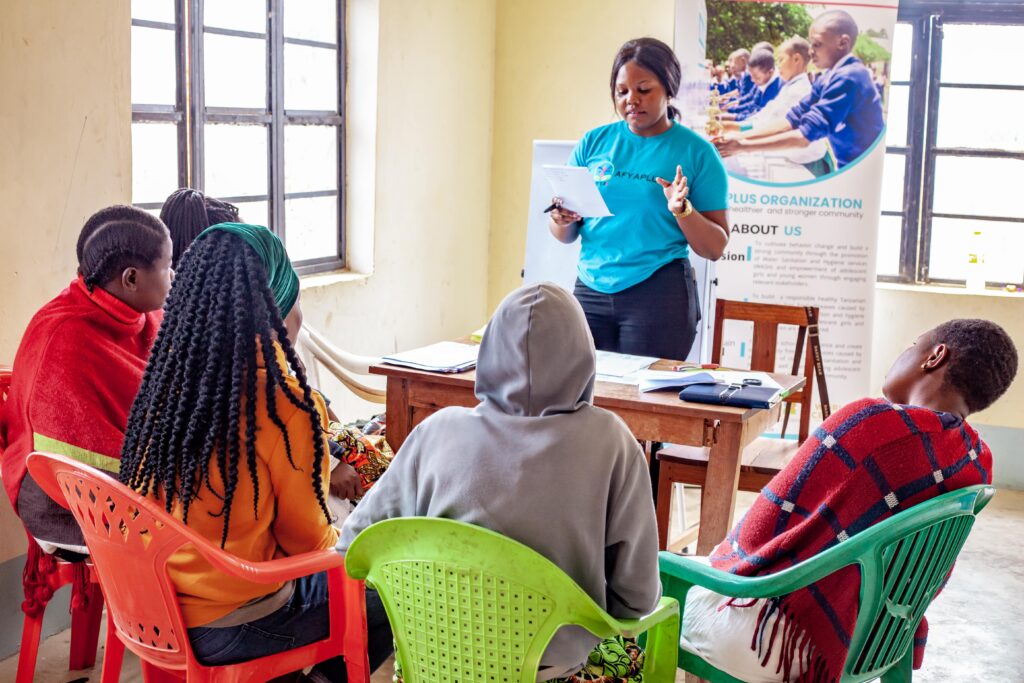
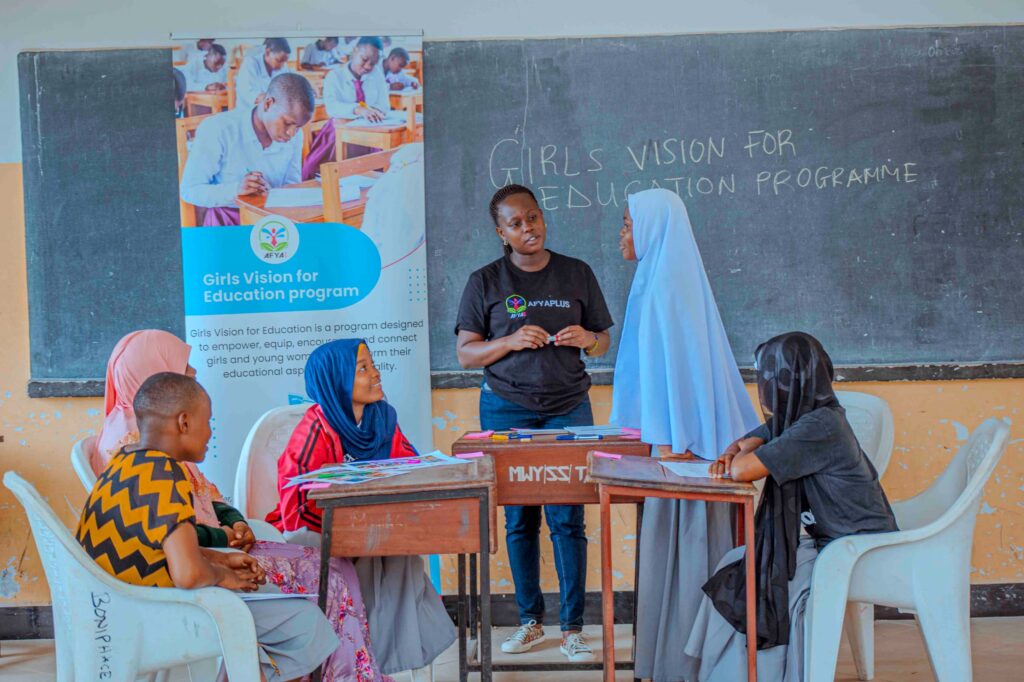
With the help of Girls Vision for Education facilitators, Afyaplus successfully hosted 6 in-personal workshops for 30 girls and young women who are in and out of school. This initiative reached three districts: Iringa DC and Kilolo DC in the Iringa region, and Mkuranga DC in the Pwani region. The program empowers girls and young women to redefine their educational experiences both in person. We are thrilled to be part of this global movement, amplifying marginalized voices and striving for educational equity. The workshop was a huge success! The girls provided valuable insights, bringing us closer to making their educational dreams a reality.
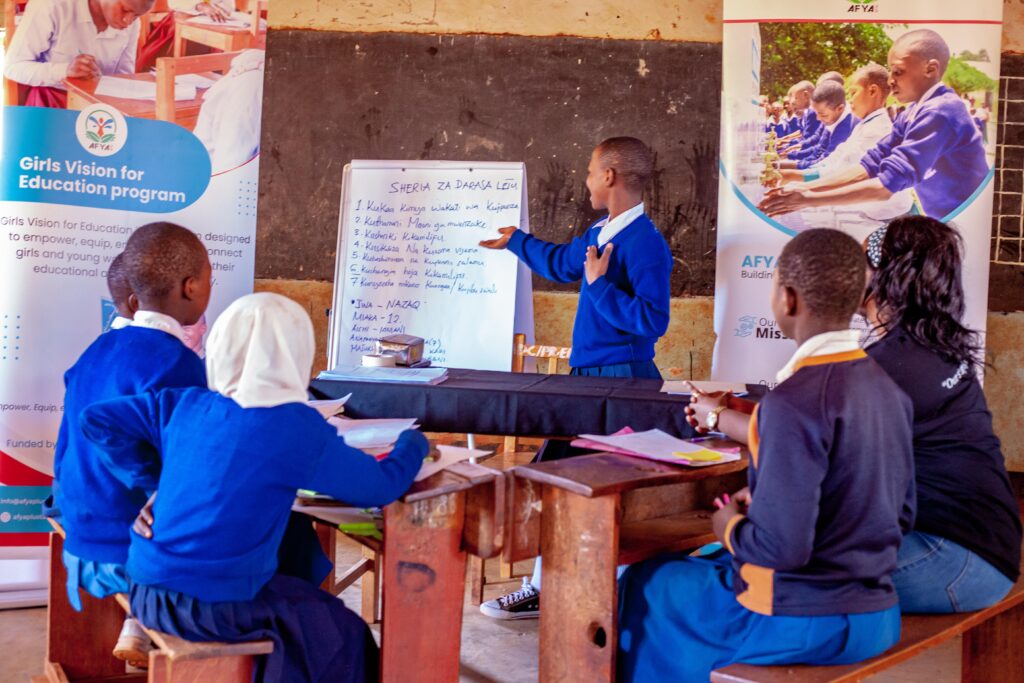

In school workshops
Three workshops for students aged 10-13 and 15-17 were successfully conducted. These workshops provided a platform for girls and young women to share and envision what education should look like by imagining the current situation, analyzing the hindering factors, and developing a vision for an improved educational experience. This vision will be used as an advocacy tool to empower girls’ education journey. Through these efforts, 3 workshops were conducted in 3 schools; Isimani Primary School in Iringa DC, reaching 5 pupils; Dundani Secondary School in Mkuranga DC, reaching 5 students; and Mwinyi Secondary School in Mkuranga DC, reaching 5 students.
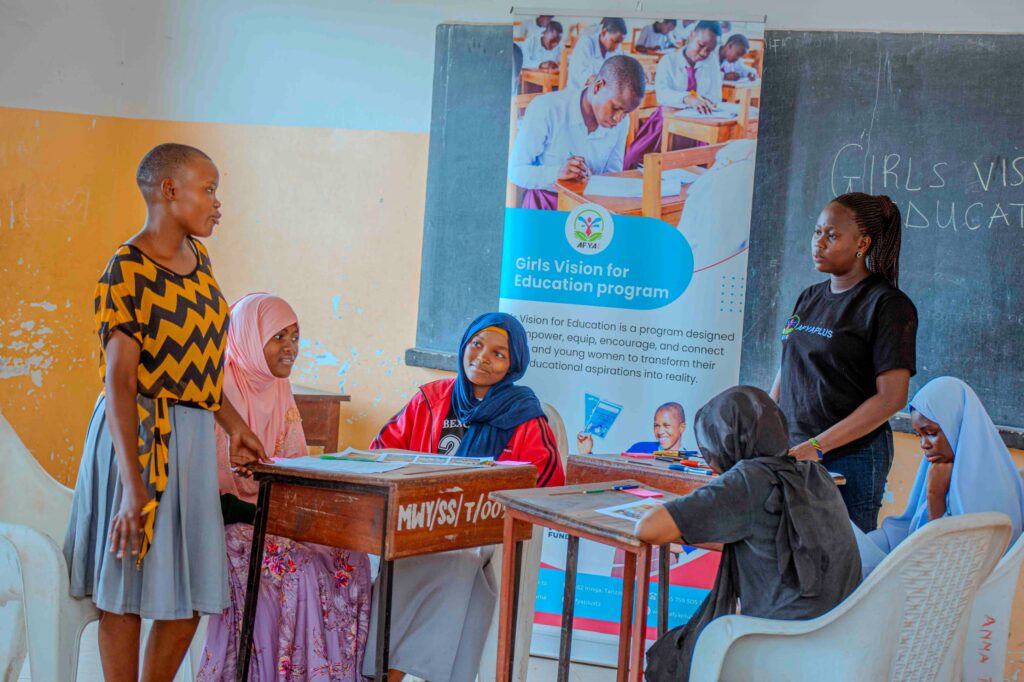
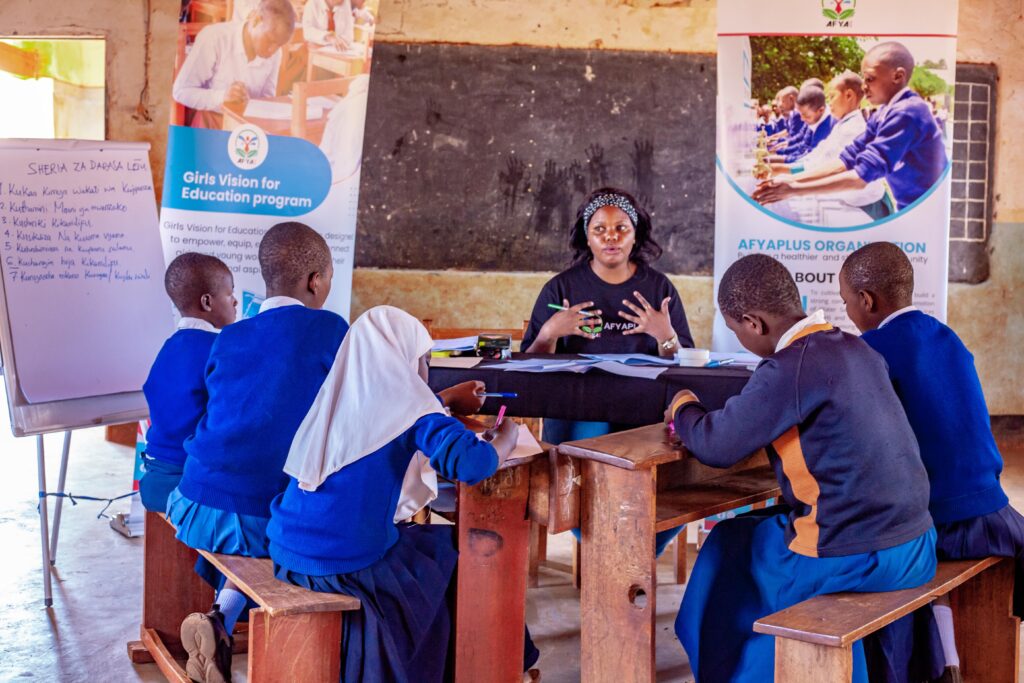
Out of school workshops
Three workshop meetings with girls and young women aged 16-19 living in rural areas who are out of school due to various challenges they have faced in their academic journeys. These workshops provided a platform for participants to share their experiences and envision an ideal education system. Out-of-school girls reflected on their past education experiences; analyzed the factors influencing them and developed a vision for an improved educational experience. One workshop was held in Wenda Ward in Iringa DC, reaching five girls and young women, and two workshops were held in Lulanzi Village in Kilolo DC, engaging ten girls and young women.

